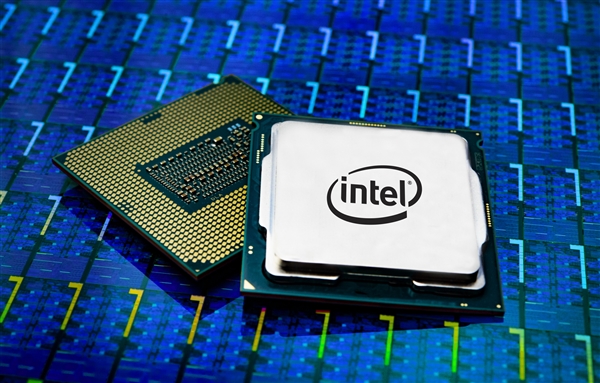Recent reports from international media reveal that Apple and Samsung have expressed interest in joining Qualcomm in the potential acquisition of Intel.
For Qualcomm, currently at odds with Arm, the opportunity to acquire x86 intellectual property is especially enticing.
In contrast, Apple already has an Arm-based SoC hardware division that develops custom chips for all its devices, including Macs. Acquiring Intel would significantly enhance their capabilities, and Samsung shares the same strategic interest.
Despite Intel's vast presence in the PC and server processor markets, its stock has been declining for several quarters. This downturn has reduced its market valuation to a level within reach for acquisition by major technology companies.
Unfortunately, Intel faces significant challenges, having recently announced layoffs affecting more than 15% of its workforce, totaling over 15,000 jobs. This move is part of a restructuring initiative that also includes suspending dividends starting in the fourth quarter, aiming to save $10 billion by 2025. Intel's revenue fell by 1% in the second quarter to $12.83 billion, resulting in a net loss of $1.61 billion.

Moreover, in the realm of artificial intelligence, Intel is lagging behind competitors like AMD and Nvidia. The company's current transformation efforts are somewhat reactionary, and ultimately, the feasibility of an acquisition will depend on approval processes and market conditions, which appear challenging at this time.